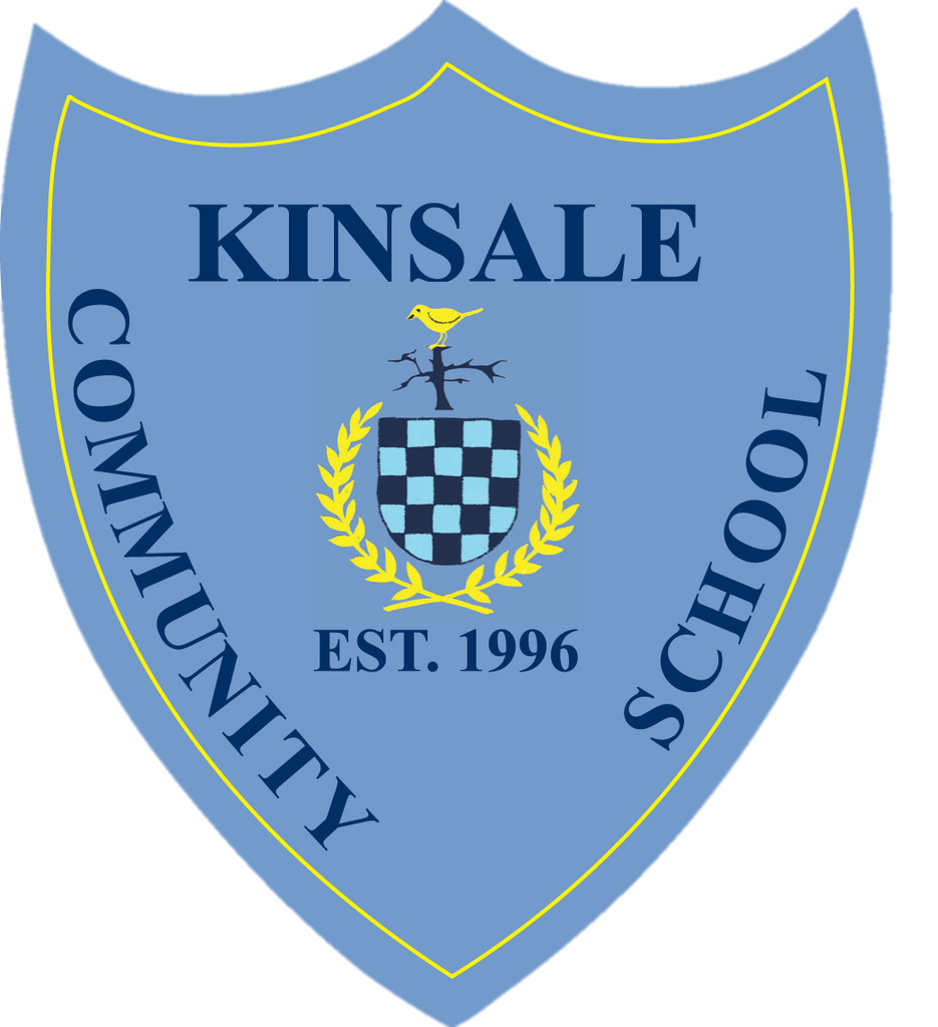Oireachtas Meeting
Oireachtas Meeting: Joint Committee on Media, Tourism, Arts, Culture, Sport and The Gaeltacht
When we were asked to present to the Oireachtas this May in relation to their Online Safety and Media Regulation Bill, we knew exactly what we wanted to say. Getting the opportunity to be involved in pre-legislative talks is an amazing experience, and we wanted everything we said to be impactful. We were to deliver a two-minute online presentation on cyberbullying; focusing on the suggestions we had for the committee on how to deal with the ever-present issue of cyberbullying among young people. As young feminists we were automatically drawn to the gender aspect of cyberbullying; namely that the issue primarily affects teenage girls.
Having ran an all-girls internet safety student committee last year, we started off our online presentation discussing the things we implemented as part of this committee work. We discussed our use of social media, poster campaigns and internet safety workshops, which were all part of our anti-cyberbullying campaign. This campaign was hugely successful. In fact, our committee was highly commended for our work at the Safer Internet Day Awards 2020.
Following on from this, we proceeded to discuss the suggestions we had for the committee. We wanted the committee to focus on greater education in relation to the issue. 6th class students and Junior Cycle students, and indeed parents and teachers, need to be better equipped to handle cyberbullying, and need to be aware of the supports available for victims. Knowledge of how to handle incidents of cyberbullying, how to report content on social media, and how to access supports is crucial. For girls especially, online bullying and harassment is a topic that is not talked about openly, and that needs to stop. Conversations need to happen at school and at home so that victims of cyberbullying do not feel isolated. As well as this, we reminded the committee of the mental health implications of cyberbullying; namely that it can lead to anxiety, depression and suicide. This aspect of the issue needs to be addressed in the new legislation, and we truly hope our presentation will ensure this happens.
When the Committee began to ask us questions, they were particularly impressed with our suggestion that young online safety activists should be recruited to visit schools, so that teens can hear from their own peers with experience on the issue, and can gain better insight and advice from someone they can truly relate to.
The Committee also took an interest in the idea that the issue of Cyberbullying is largely a feminist issue. Girls are 3 times more likely to be cyberbullied than boys, and this statistic alone is enough to call for immediate action. We encouraged the Committee to address this, as by facing up to the fact that cyberbullying is a feminist issue can allow for better solutions to the problem.
The experience as a whole was both an enjoyable and empowering one. Being able to share our ideas and speak for our peers on such a crucial issue is not an opportunity to be taken lightly. We are truly looking forward to hearing the outcome of the Bill, and would encourage students and parents to take the time to read up on the issue of cyberbullying through the website webwise.ie
Megan Fahy and Sarah Fitzgerald


